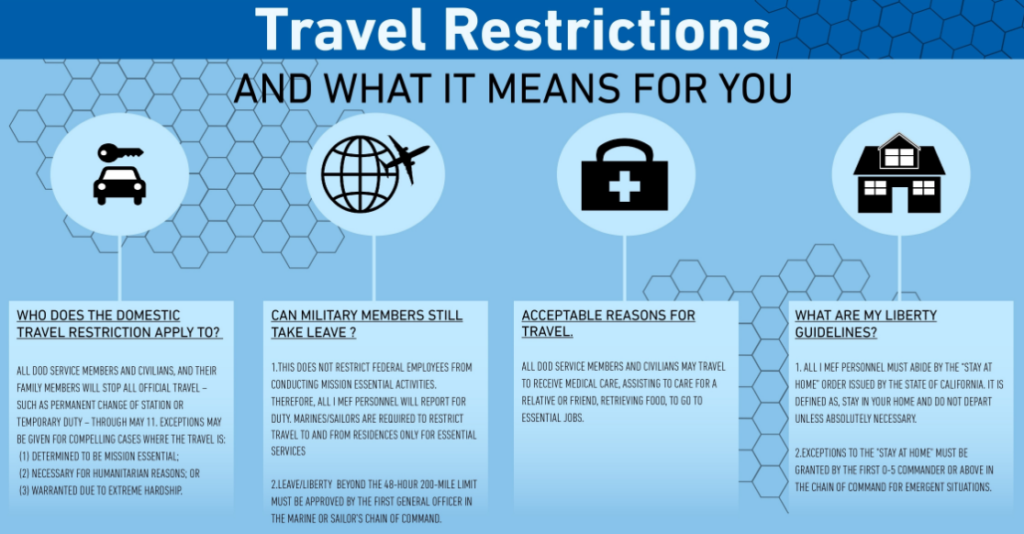Why the USA Bans Travel from Certain Countries: A Deep Dive into the Reasons and Implications

The United States has historically imposed travel bans on certain countries for various reasons, including national security, public health concerns, diplomatic disputes, and immigration control. While these bans often spark controversy, they are implemented based on government assessments of risks and threats. In this article, we will explore the major reasons behind these travel restrictions, their legal justifications, historical precedents, and the implications they have on international relations and global travel.
1. National Security Concerns
One of the most common reasons for travel bans is national security. The U.S. government, particularly the Department of Homeland Security (DHS) and intelligence agencies, assess potential threats from foreign individuals or groups. Countries that are perceived as having high terrorist activity, weak governance, or inadequate security screening processes often face travel restrictions.
1.1. The Travel Ban and Terrorism
A major instance of a security-based travel restriction was the Trump administration’s 2017 “Travel Ban” executive order, officially known as Executive Order 13769. This order initially restricted entry from seven predominantly Muslim-majority countries, citing terrorism concerns. The countries affected included Iran, Iraq, Libya, Somalia, Sudan, Syria, and Yemen. Over time, modifications were made, adding and removing certain countries.
1.2. Weak or Non-Cooperative Governments
Some countries face travel bans because their governments fail to share vital security data with the U.S. government or do not have proper passport verification processes. If a nation lacks the ability to provide credible background checks for its citizens, the U.S. may consider it a security risk and impose restrictions on travel from that country.
2. Public Health Crises and Pandemics
Another significant reason for travel bans is the outbreak of contagious diseases. The U.S. government, through agencies like the Centers for Disease Control and Prevention (CDC), closely monitors global health threats and sometimes imposes travel restrictions to prevent the spread of infectious diseases.
2.1. COVID-19 and Travel Bans
During the COVID-19 pandemic, the U.S. imposed travel restrictions on multiple countries, including China, the European Schengen Zone, the United Kingdom, and Brazil, among others. These restrictions were meant to curb the spread of the virus and limit exposure to new variants.
2.2. Other Health-Related Bans
In previous decades, travel restrictions were also imposed due to outbreaks of diseases such as Ebola and SARS. These bans are usually temporary and lifted once the health crisis is under control.
3. Immigration and Overstayed Visas
The U.S. government also imposes travel bans or visa restrictions on countries whose citizens frequently overstay their visas or engage in illegal immigration.
3.1. Visa Overstays and Illegal Immigration
If data shows that a significant percentage of travelers from a particular country overstay their visas or enter the U.S. illegally, the government may restrict travel from that country. For example, countries with high rates of visa overstays, such as some African and South American nations, may face tighter visa regulations or even travel bans.
3.2. The Diversity Visa Lottery and Travel Bans
Some travel restrictions have targeted countries with a high number of immigrants entering the U.S. through the Diversity Visa Lottery program. Critics argue that these restrictions disproportionately affect certain regions and reduce legal immigration pathways.
4. Diplomatic Disputes and Political Sanctions
Diplomatic tensions between the U.S. and other nations can also result in travel bans. When a country is under U.S. sanctions or involved in activities deemed hostile to American interests, travel restrictions may be implemented.

4.1. U.S. Sanctions and Travel Bans
Countries under heavy U.S. sanctions, such as Iran, North Korea, and Venezuela, often face travel restrictions due to deteriorating diplomatic relations and concerns about espionage or illegal activities.
4.2. Retaliatory Travel Bans
Sometimes, travel restrictions are imposed as a reciprocal measure. If a country restricts American travelers, the U.S. may impose similar restrictions in return. This is common in cases of strained diplomatic relations.
5. Fraud, Crime, and Human Trafficking
Another reason for travel bans is concerns about fraudulent activities, organized crime, and human trafficking.
5.1. Passport Fraud and Identity Theft
Some travel restrictions are implemented against countries where passport fraud or identity theft is widespread. If individuals from a specific country frequently attempt to enter the U.S. using fake documents, restrictions may be placed on travelers from that nation.
5.2. Drug Trafficking and Organized Crime
The U.S. has imposed travel bans and visa restrictions on individuals and groups involved in drug trafficking, particularly from countries in Latin America. High-profile cases of cartel-related violence and drug smuggling have led to increased scrutiny of travelers from these regions.
5.3. Human Trafficking Concerns
Countries with high human trafficking rates may also face travel restrictions. The U.S. closely monitors nations that do not take adequate measures to prevent human trafficking, and travel bans may be used as a tool to pressure those governments into action.
6. Economic and Trade Considerations
Although less common, economic factors can also influence travel bans. If a country is engaged in unfair trade practices or economic policies that harm U.S. interests, travel restrictions may be used as leverage.
6.1. Trade Wars and Travel Restrictions
During trade disputes, the U.S. may impose restrictions on travel for business purposes, limiting access to American markets for individuals from certain countries.
6.2. Sanctions on Business Leaders and Officials
The U.S. sometimes imposes travel bans on government officials and business leaders from countries that engage in corrupt or unethical business practices.
7. Implications of U.S. Travel Bans
While the U.S. government justifies travel bans based on security, health, or diplomatic reasons, these restrictions have broader implications.
7.1. Effects on International Relations
Travel bans often strain relationships between the U.S. and affected nations. Countries on the banned list may retaliate by imposing their own travel restrictions or severing diplomatic ties.
7.2. Impact on Families and Individuals
Many families are negatively affected by travel bans, as they prevent loved ones from reuniting. Students, professionals, and refugees may also face significant hardships due to these restrictions.
7.3. Economic Consequences
Travel bans can harm industries such as tourism and international business. Restricting travel from certain countries reduces tourism revenue and business investments.
Conclusion
The U.S. imposes travel bans on certain countries for various reasons, including national security threats, public health crises, immigration concerns, diplomatic disputes, and economic policies. While these bans serve specific government interests, they also come with significant diplomatic, social, and economic consequences. As global dynamics evolve, the U.S. will likely continue to use travel restrictions as a tool for national security and foreign policy, but the debate over their fairness and effectiveness will persist.






